Americas
“By Love and Friendship Rather than by Force”: Columbus’ First Description of Indigenous Americans and Student Participation
Discussion of how to encourage student participation in world history courses and teaching Columbus Day

“We Will Follow That Which Our Ancestors Followed”: Indigenous Agency and Navigating the Changes in Sixteenth-Century Mesoamerica
A discussion about teaching the agency of Indigenous Americans in sixteenth-century Mesoamerica.
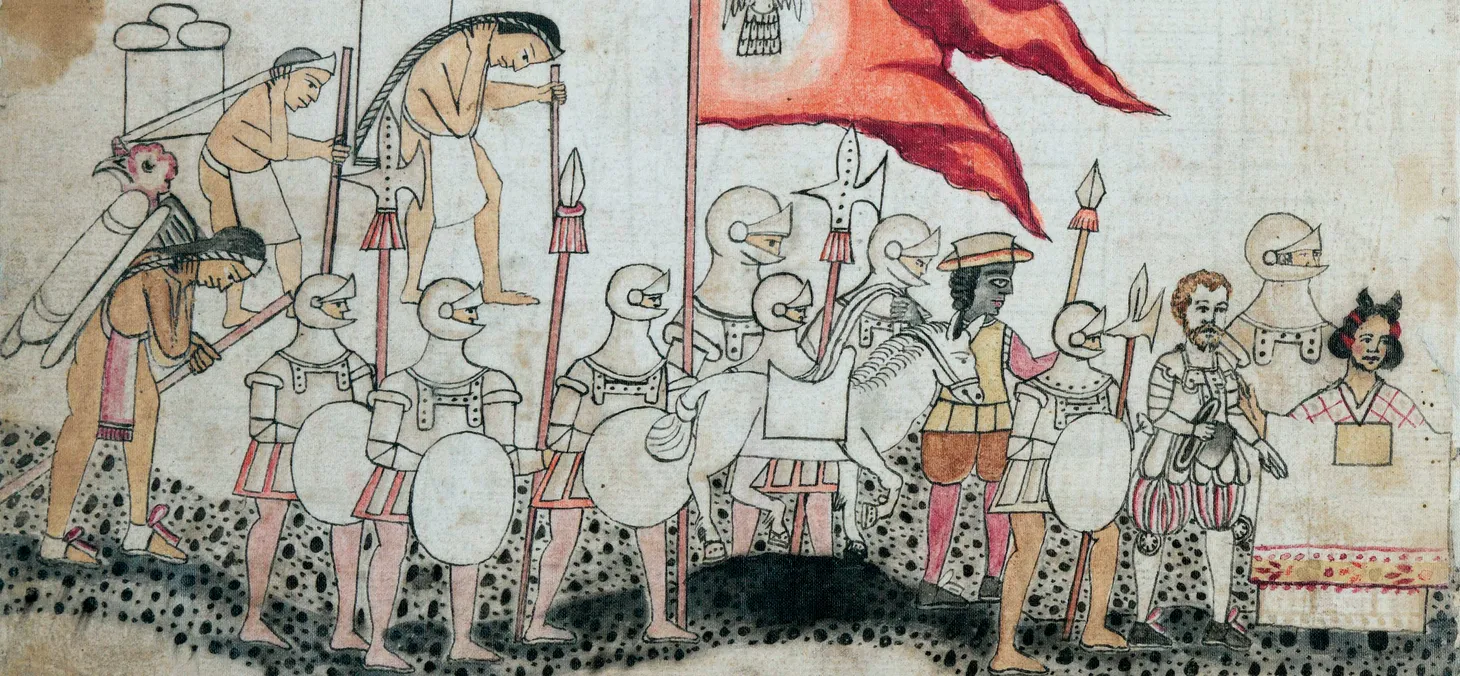
“Peace Was Made with the Carios”: Snapshots from Indigenous American History
A discussion about integrating the experiences of Indigenous Americans into the teaching of world history.

“Men so Heartless”: Historical Imagination and Potosí
A discussion of teaching the silver trade to understand the effects on Indigenous Americans better.

“A Total Abolition of Slavery”: The Abolition of the Transatlantic Slave System
A discussion of how to integrate African voices into the teaching of the abolition of slavery.
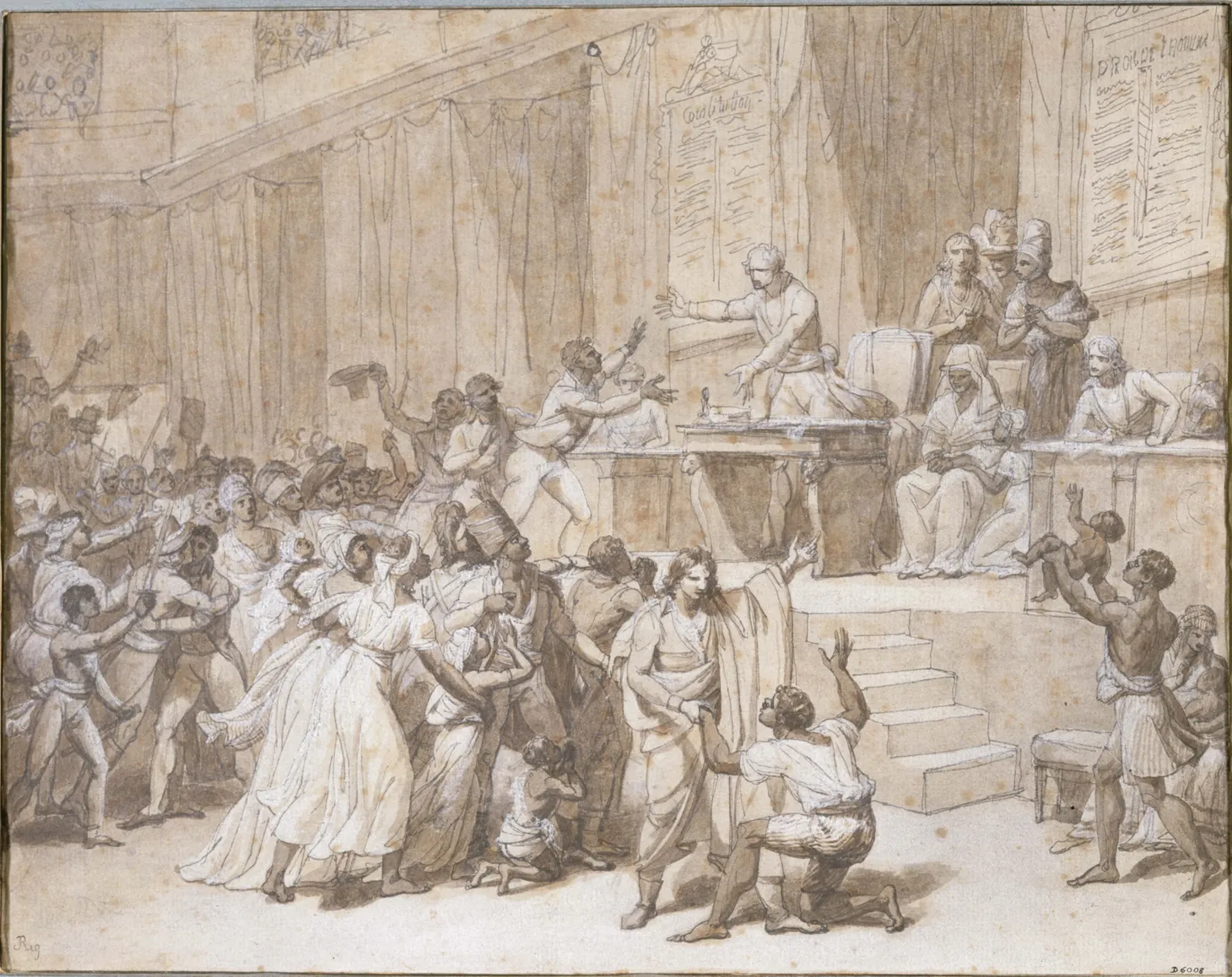
“At Last I Defended Myself”: 400 Years of Resistance to the Transatlantic Slave System
A discussion of how to center the resistance of enslaved Africans when teaching the transatlantic slave system in world history courses.
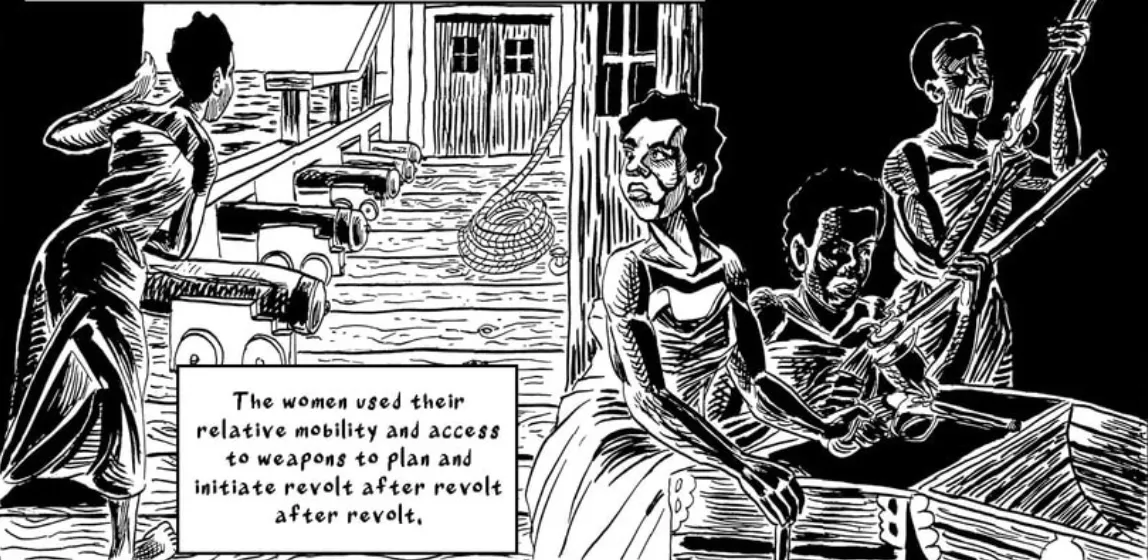
“Suffering the Most Excruciating Torments”: The Height of the Transatlantic Slave System, 1650-1850
A discussion of how to teach the transatlantic slave system in the late seventeenth, eighteenth, and nineteenth centuries.

“We Cannot Reckon How Great the Damage Is”: Origins of the Transatlantic Slave System, c.1450 - c.1650
Discussion of how to teach the origins of the transatlantic slave system with a focus on understanding the different regional and global consequences
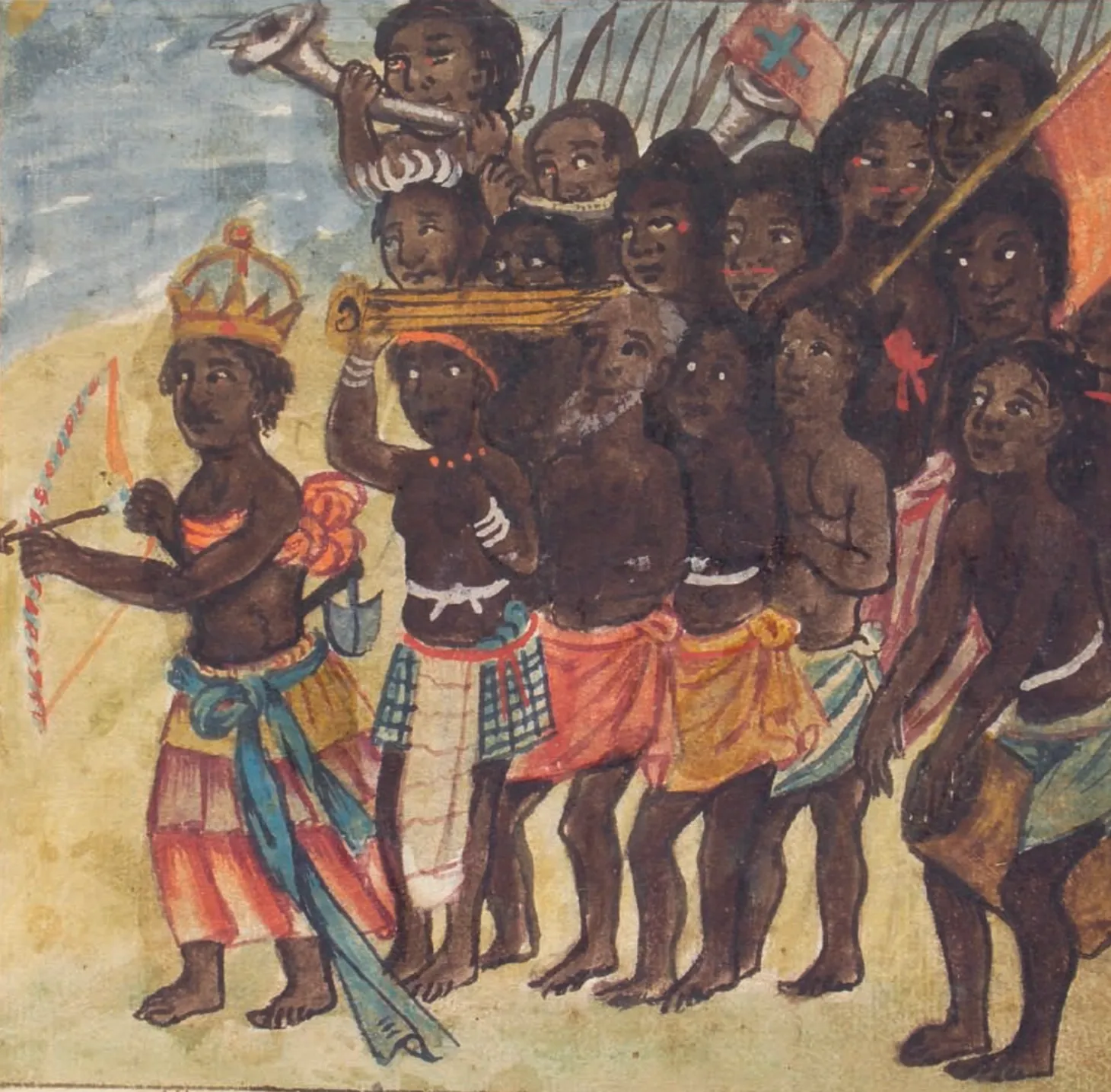
“If there were no buyers there would be no sellers”: Teaching the Transatlantic Slave System, c.1450 - c.1850
A discussion of how world history teachers can teach the transatlantic slave system in a way that centers Black African voices.
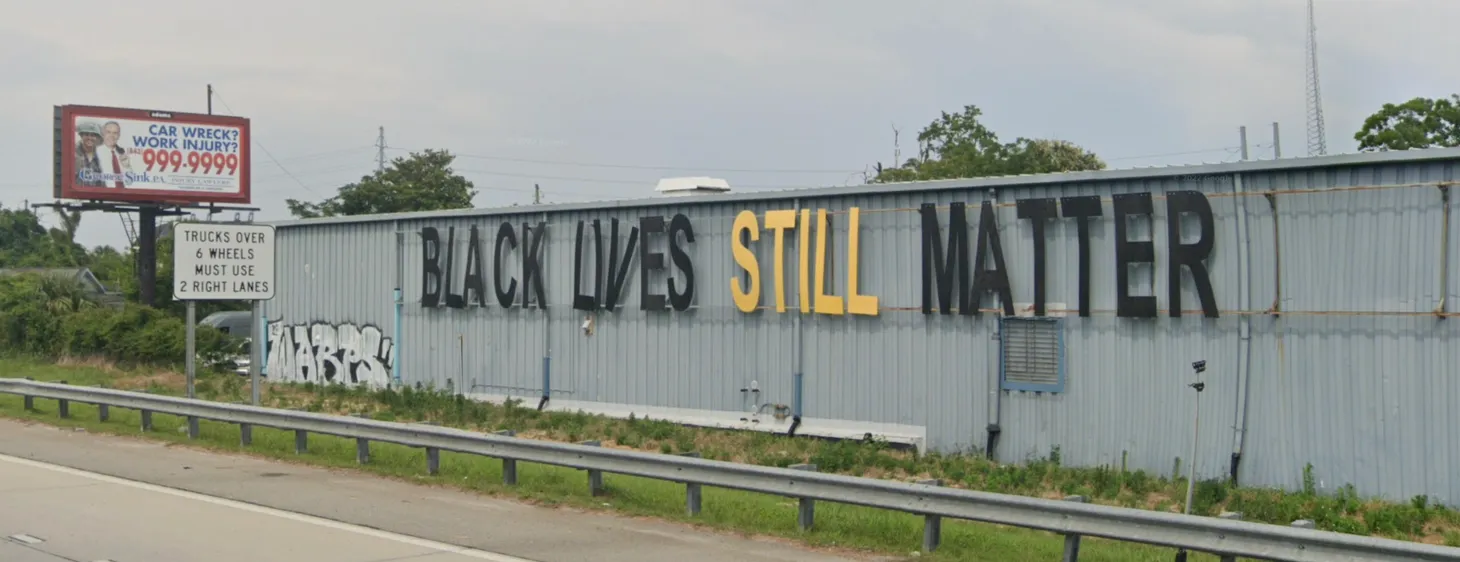
"People Who Have Interrupted Empire": African and Indigenous Resistance in the Sixteenth and Early Seventeenth Centuries
I’ve looked at more world history textbooks than I want to admit. One thing almost all of them have in common is some discussion of Portuguese maritime expansion along the western coast of Africa in the fifteenth century and the Spanish and Portuguese conquest of the Americas in the

